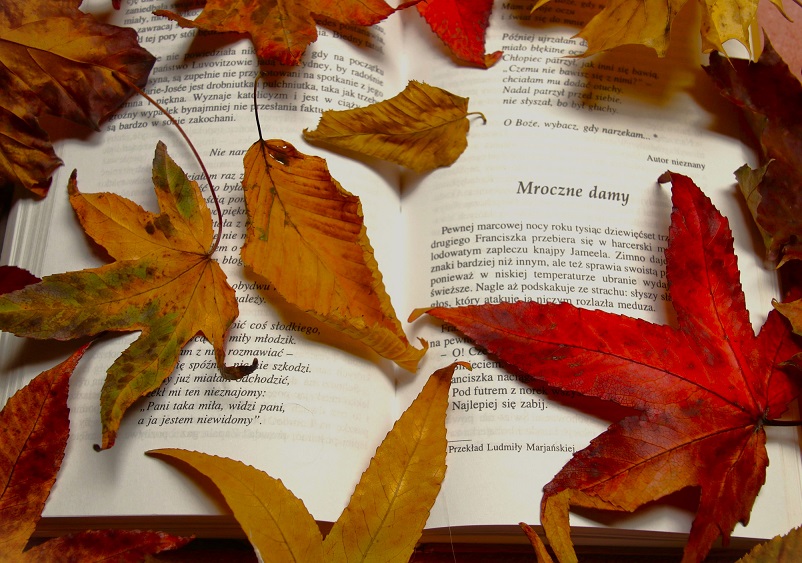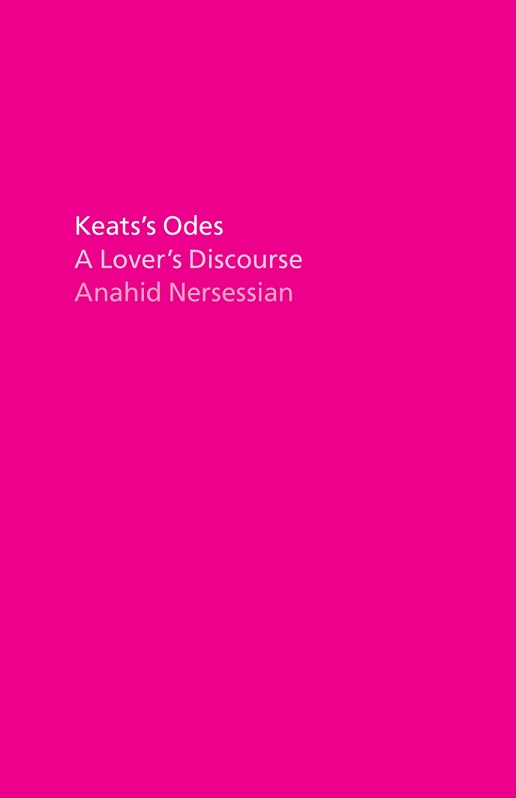Readers know that this feisty study of six of Keats’s poems promises something fresh when the author announces in her preface that any serious reading of Keats begins with the section on ‘Private Property and Communism’ from Marx’s “Economic and philosophical manuscripts of 1844”.
 Sean Sheehan
Sean Sheehan
Anahid Nersessian’s provocative stance does not deliver anything startlingly new about the odes and she is not so silly as to try and argue that Keats has a crypto-communist agenda that can be finally revealed.
What she does bring is a fiery awareness that there is far more to Keats than the image of him as a poet so obsessed with the sensual as to be a tad effete at times.
This is at odds with his left-wing politics and it makes more sense to reads him, as Nersessian does, as someone struggling with the ‘effortful even agonising work of shaping the body’s response to the world’.

The body’s response to the world was of equal concern to the 26-year-old Marx in 1844 when he wrote in “Private Property and Communism” about the sensual as fundamental to the material nature of human life.
It is, he says, by ‘sensuous appropriation’ that we open ourselves to the work of living in the world but for the capitalist mentality this translates into ownership, use value and private property: “Private property has made us so stupid and one-sided that an object is only ours when we have it, when it exists for us as capital… when we use it”.
He regards this as a severe estrangement from what is fully available to us as sensuous beings but he is not hedonistically celebrating pleasure for pleasure’s sake – suffering is also part of our sensuous engagement in life, part of our nature, part of what he calls our ‘species-being’.
Keats’s odes share this humanistic understanding of life and they dwell on those contrary forces and states of mind that bring us joy but also pain, intimacy and destitution, caring and longing, loving and leaving. It’s a heady mix and makes an ungovernable cocktail; poetry, Nersessian reminds us, ‘is the art of taking what you can get’.
 Vulnerability is part of what defines humanity and it impacts on Keats’s childhood, his personality and relationships and the harsh and hostile reception to his poetry when first published.
Vulnerability is part of what defines humanity and it impacts on Keats’s childhood, his personality and relationships and the harsh and hostile reception to his poetry when first published.
Nersessian reignites interest in Keats’s odes, justly acclaiming what they achieve without being uncritical. The seemingly weighty “Beauty is truth, truth beauty” line from ‘Ode to a Grecian Ode’ is ‘two-cent profundity’ and the ode’s speaker has a ‘vision of masculinity as license to hurt’; ‘To Autumn’ is ‘perfect’ but also ‘unforgiveable’ for being written just four weeks after the Peterloo massacre but with the poet apparently unmoved by it.
What adds to the book’s interest is an autobiographical/confessional element, tangentially seconding the concerns that Keats and the young Marx were so responsive to in their writings
“Keats’s odes: a lover’s discourse”, by Anahid Nersessian, is published by The University of Chicago Press












.jpg)












